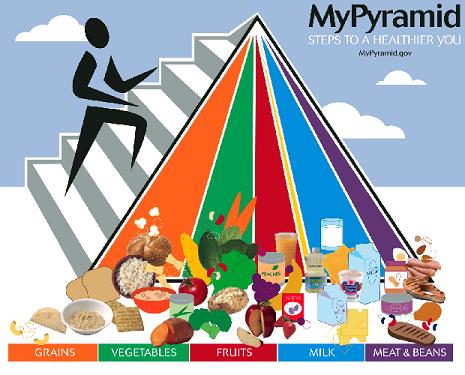Giving brain injured people a balanced diet as soon as possible can increase their chances of survival by up to four times

Scientists from Presbyterian Hospital and Weill Cornell Medical Center in New York suggest urgently changing the treatment instructions for patients with traumatic brain injury. The researchers say that following such an injury, the patients should receive a balanced nutritional supplement as soon as possible with the help of a feeding tube to the stomach. The chances of the patients receiving this treatment to survive increase up to four times.
"The evidence shows that the body heals better when it receives proper nutrition, not just the bare minimum needed to keep someone alive," says the study's lead author, Dr. Roger Hartl, a neurosurgeon at Presbyterian Hospital and Weill-Cornell Medical Center, who also serves as a professor for neurological dissection at Weill Cornell Medical School. "Until now, the requirement has been to provide patients with nutritional supplements within a week of their injury, but our findings suggest that this is simply not early enough."
The study was published in the June issue of Neurosurgery, and is the largest conducted so far in this field. The researchers examined the survival of 797 patients between the years 2000 and 2006, and compared it to the nutritional treatment they received.
"The previous recommendations were based only on common clinical diagnoses, and a very small study conducted on only 60 patients," says Dr. Hertel. "These new recommendations will be added to the widely used book, Guidelines for the Treatment of Severe Traumatic Brain Injury, published by the Institute for Brain Trauma."
In order to consolidate their findings, the group of researchers recorded the amount of time each patient spent until receiving the nutritional supplement in his stomach, and how many calories he digested. After controlling for factors such as age, high blood pressure, cerebral pressure, previous neurological and cardiac problems, and the results of CT scans the patients underwent shortly after the injury, the researchers found that the earlier the patients received feeding tubes, and the more calories they consumed, the better their chances of survival improved.
Without gastric feeding during the first five or seven days after injury, patients were two or four times more likely to die, respectively. The study also reports that a reduction of every 10 kilocalories per kilogram in the diet is associated with a 30-40 percent increase in mortality.
The best results for people with traumatic brain injury were obtained when the patients received a nutritional dose of at least 25 kilocalories per kilogram. But the researchers warn that up to 62% of the patients tested did not receive such a high level of nutrition.
"I think these findings say a lot about the use of what we know from basic science, and the application of knowledge directly to the treatment of patients," says Dr. Hertel. "For a long time, doctors thought that intravenous feeding was sufficient, based on specific conditions and basic biochemical knowledge, but now we know that this level of care is not sufficient for the actual needs of the body, which is required to repair itself following extreme trauma."

2 תגובות
Sharon was put on an extreme diet after the event
method